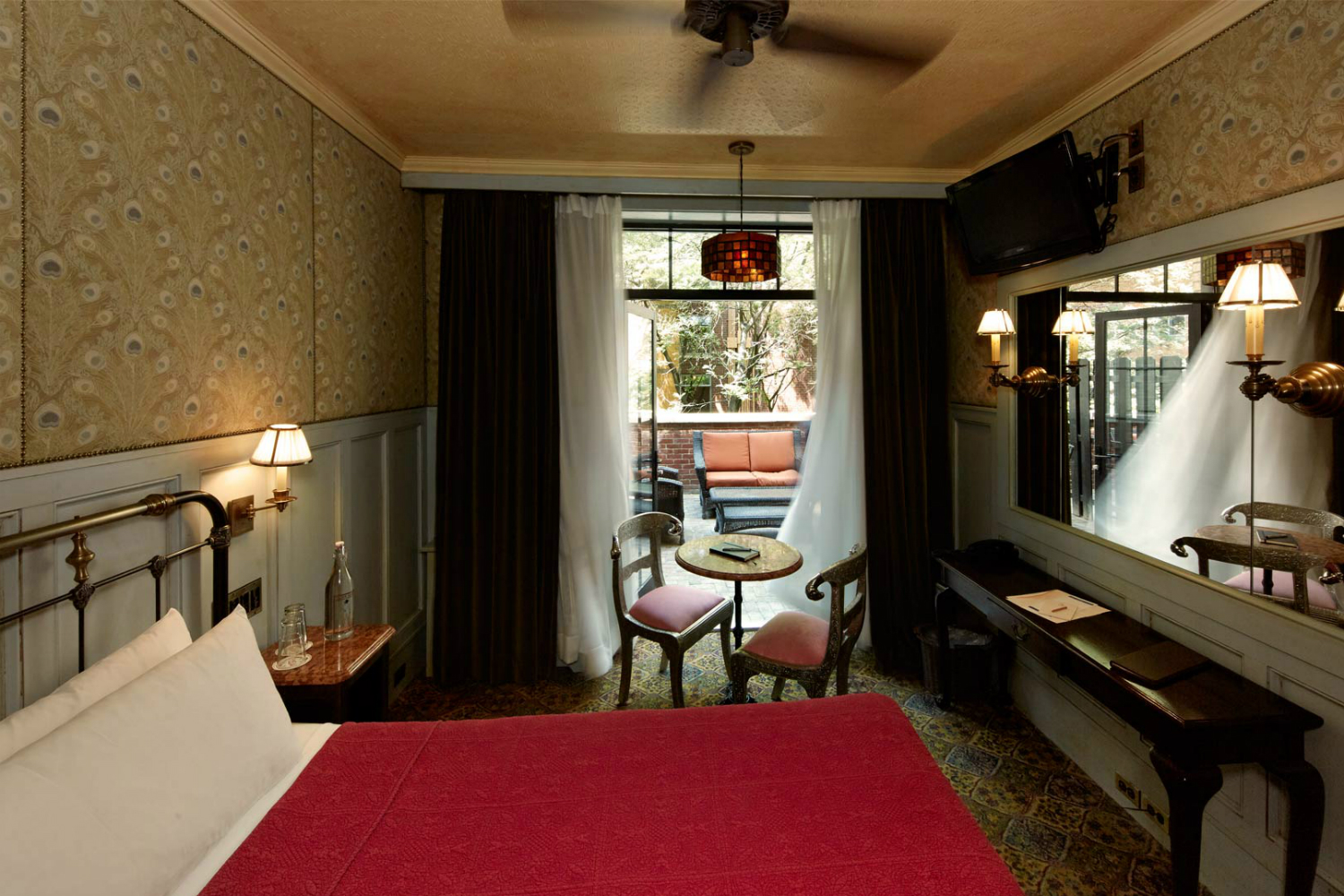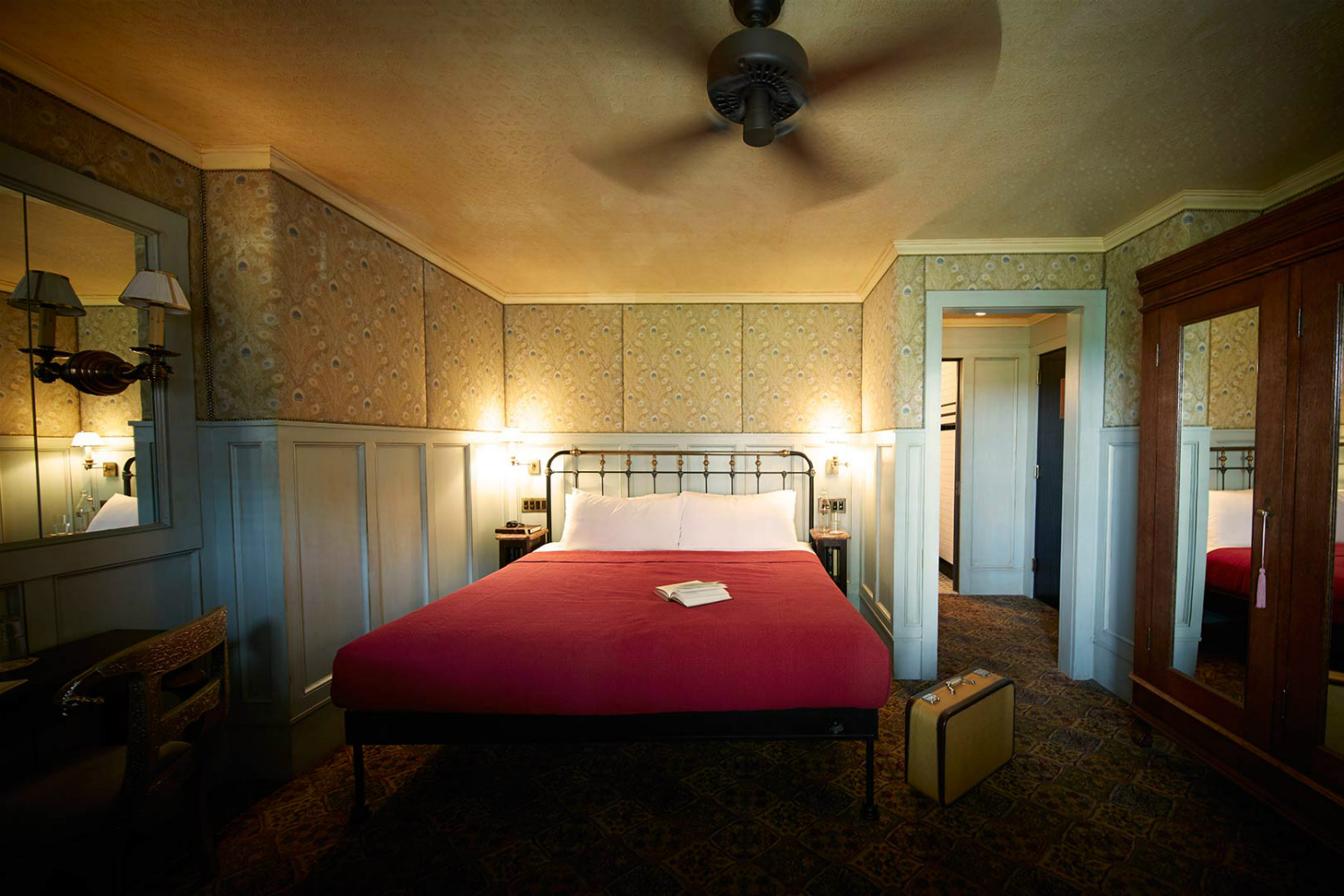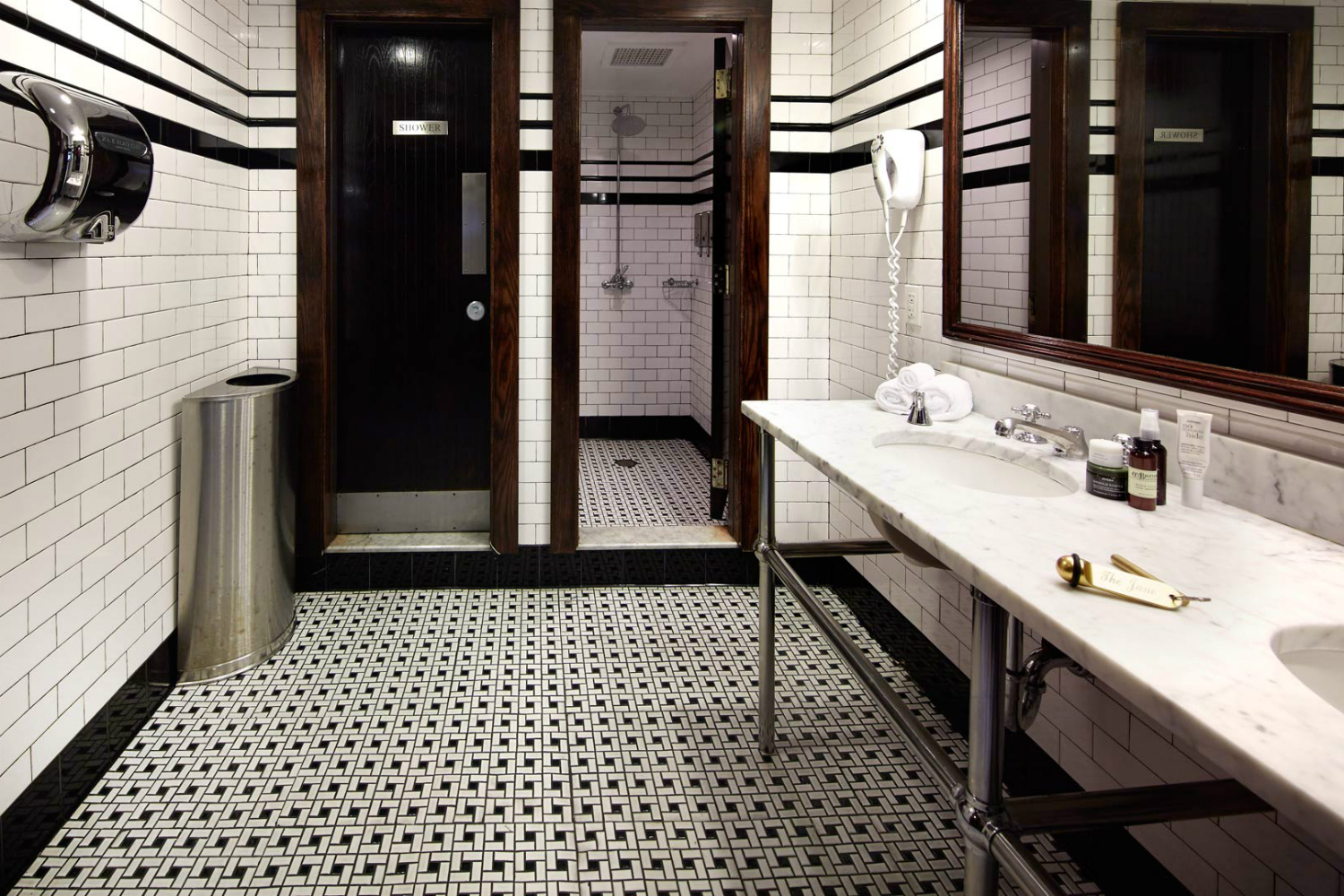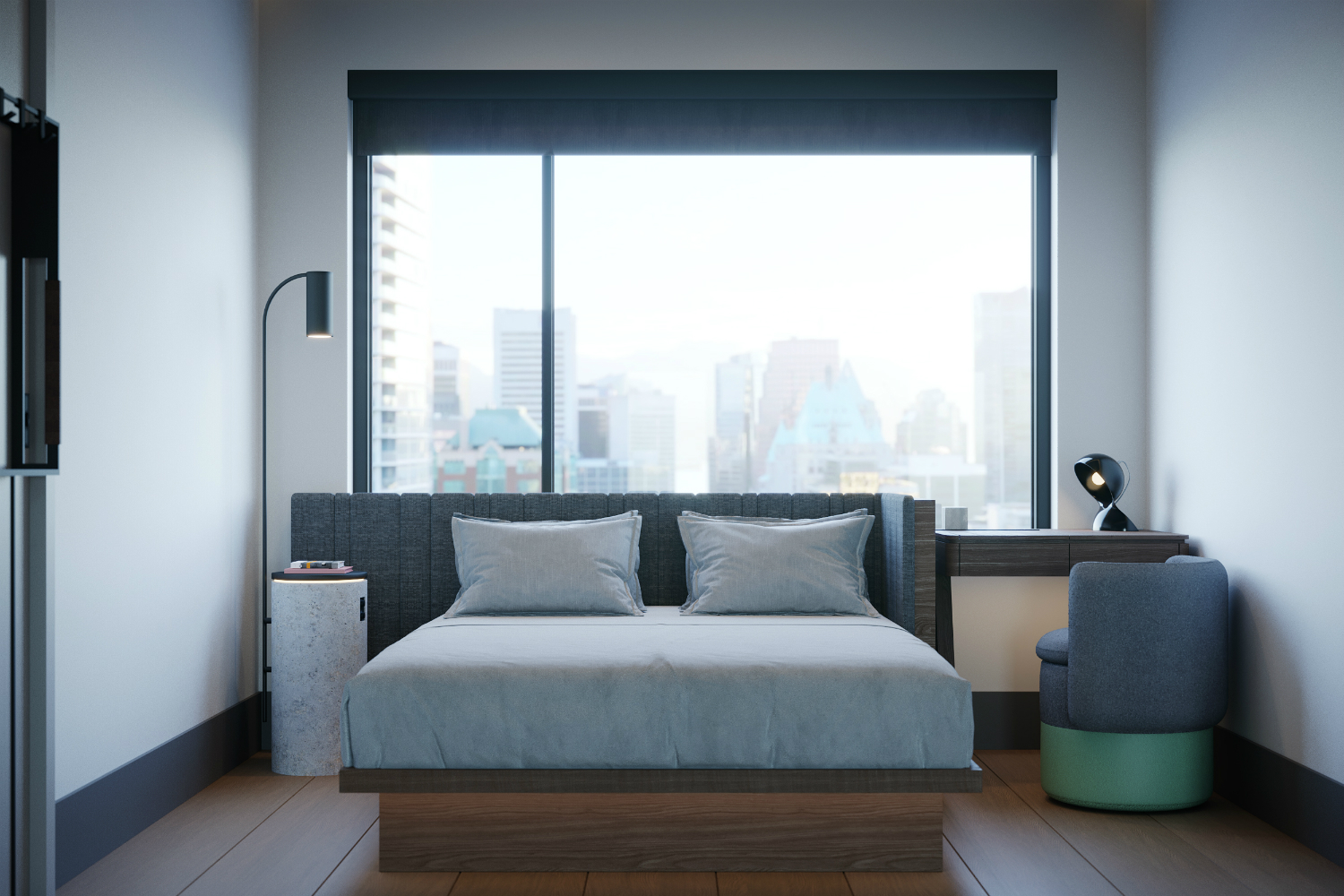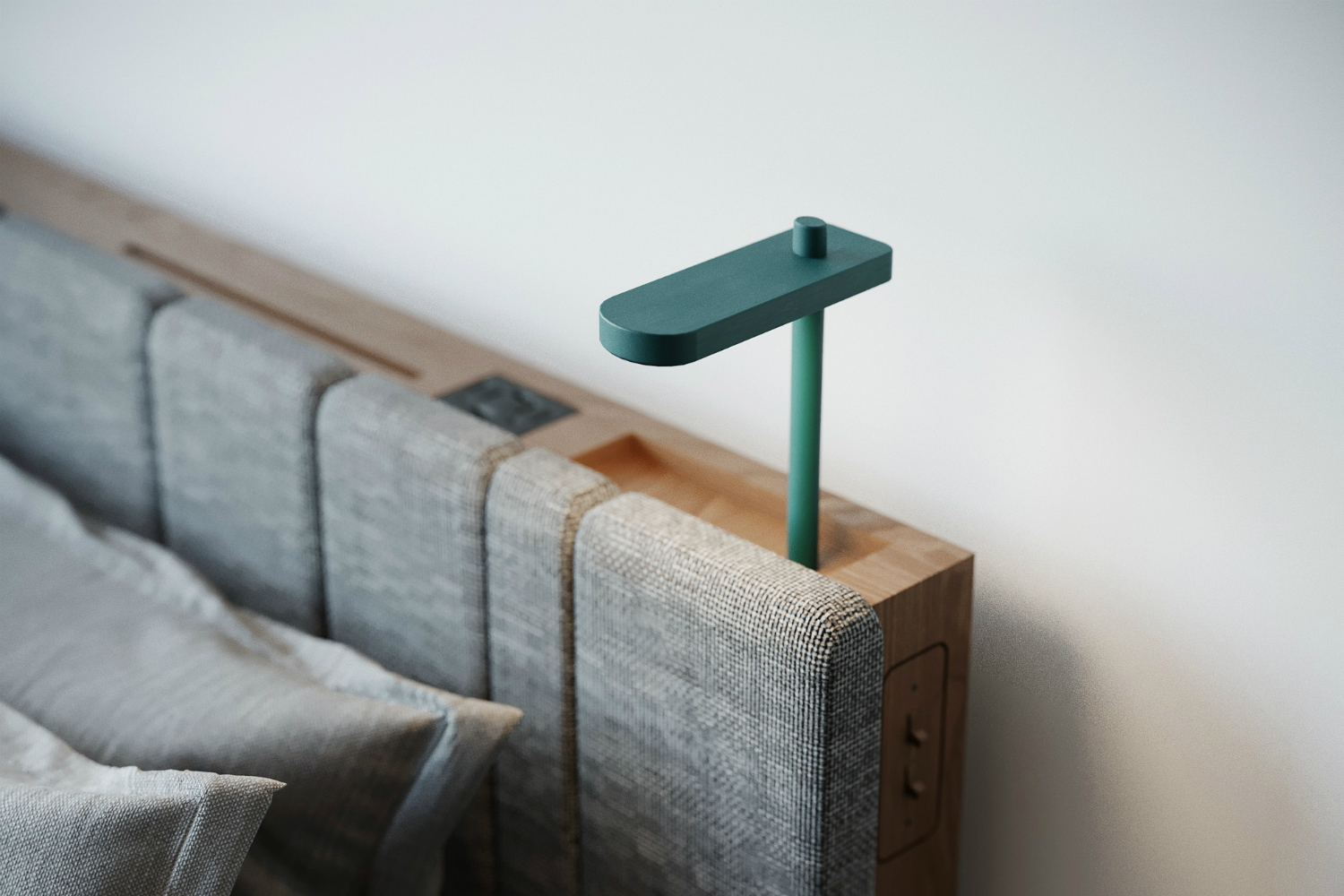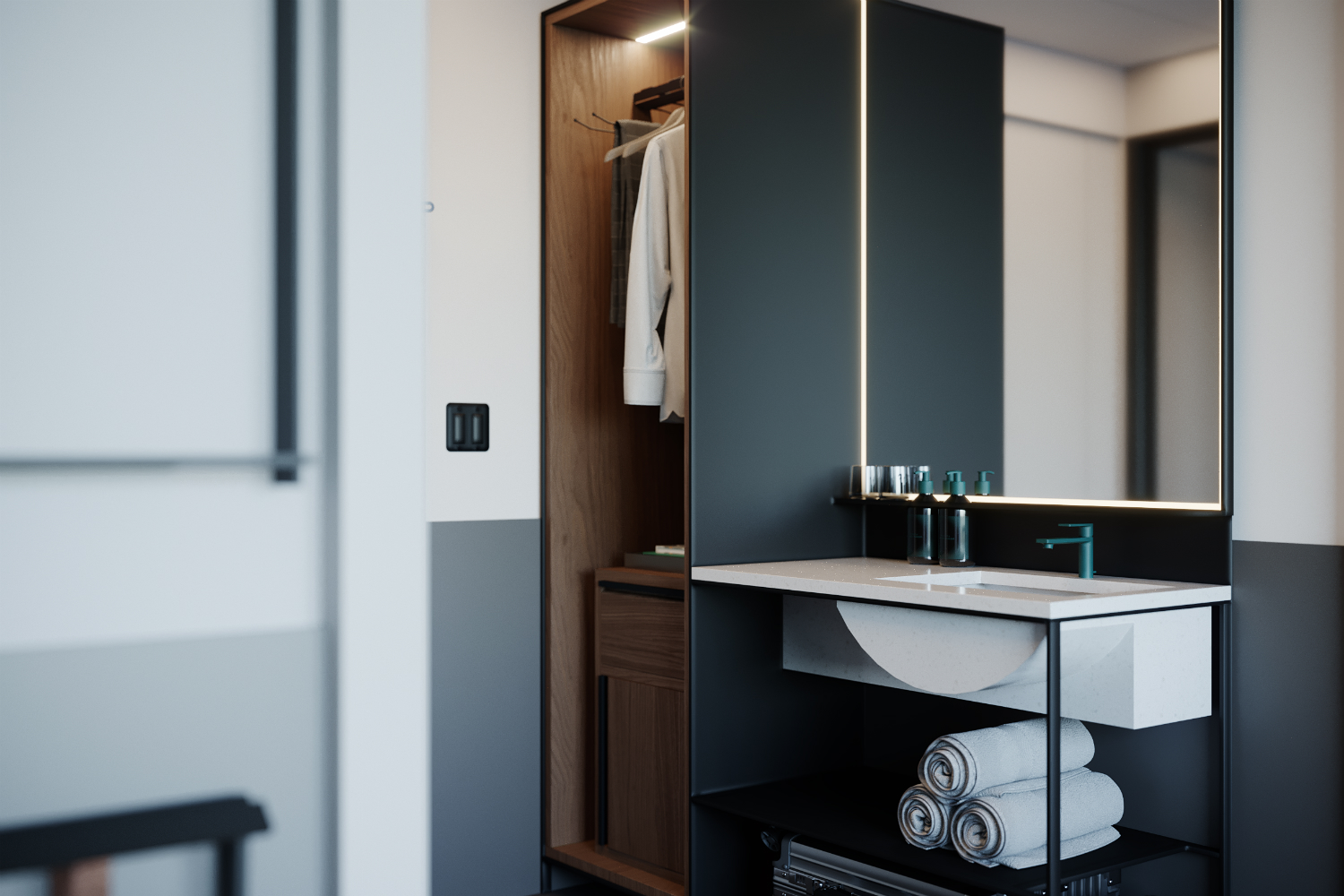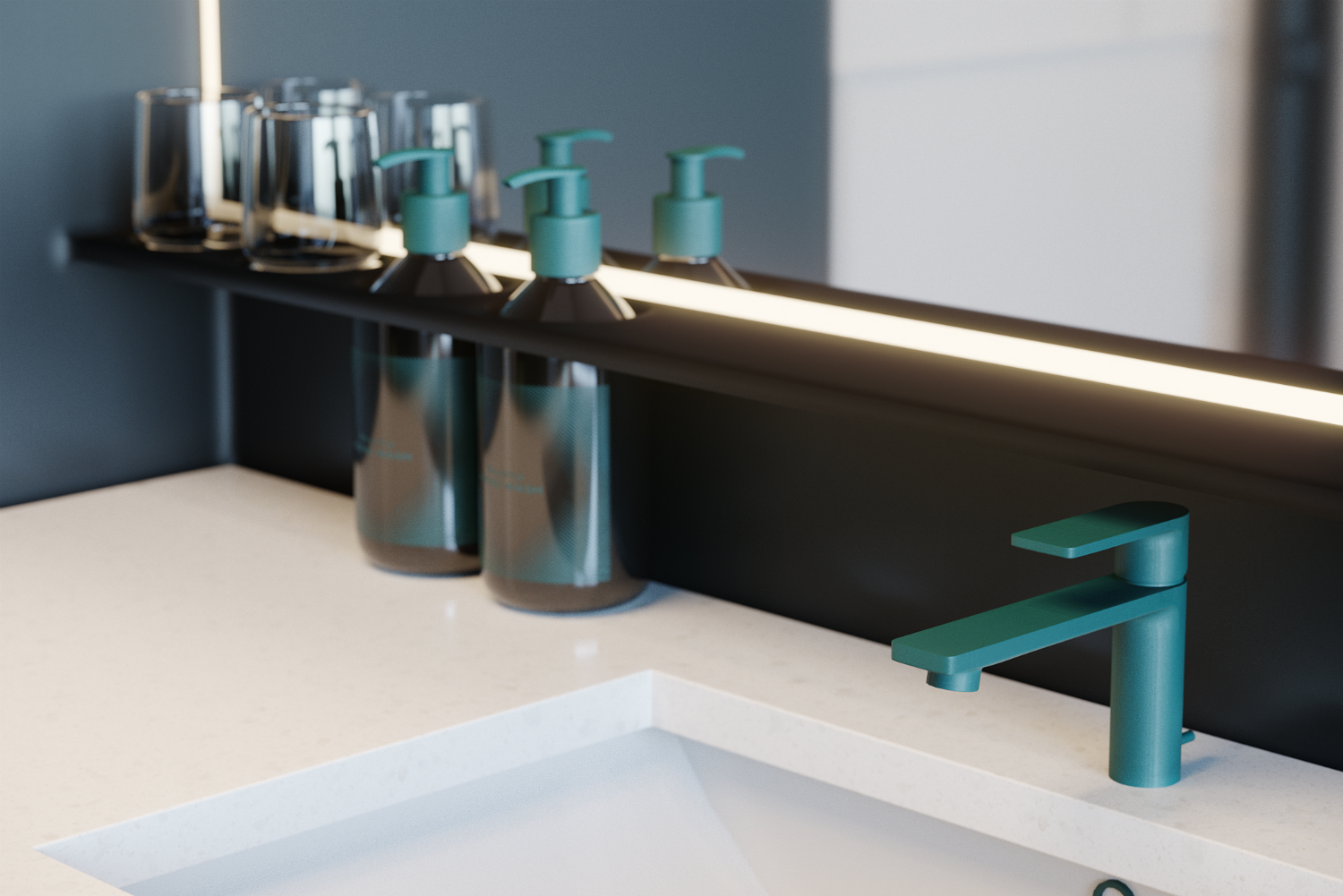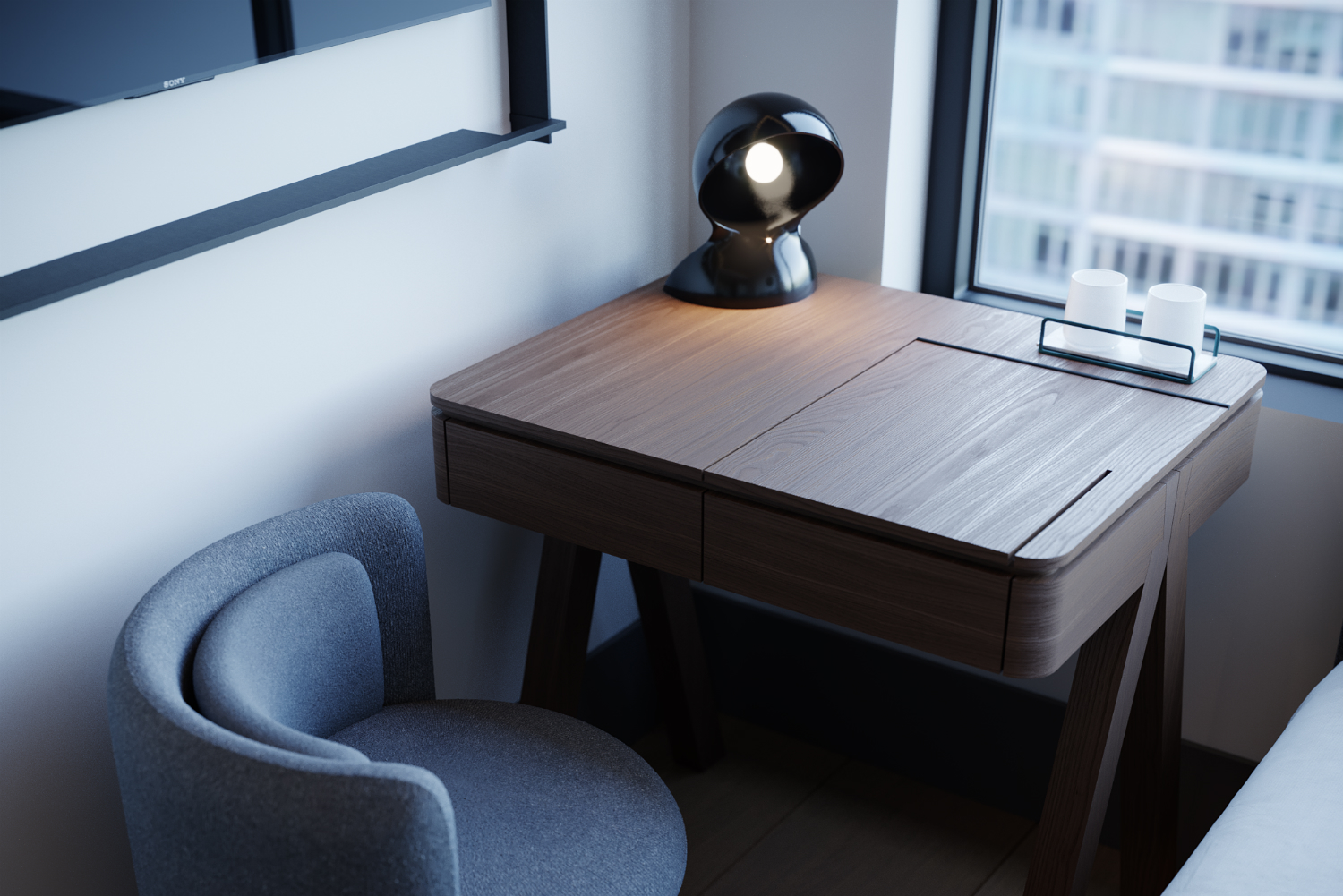As recently as the last century, most travelers seeking accommodations were starved for choice. Some could afford to splash out on a proper hotel room, but hardcore budget travelers and backpackers were relegated to hostels and questionable guesthouses. There was little in-between. Then, Airbnb changed the game completely. But many travelers still want the feel and familiarity of an actual hotel without the exorbitant nightly rates. Enter “Micro Hotels.”
The ethos behind this new breed of hotels starts with compact guest rooms (around 150 square feet). The thinking is that most young travelers prefer to spend as much time outside exploring the city as much as possible, so an oversized room of mostly empty space is a waste. They then ditch underused hotel amenities like the gym, business center, and redundant staffing. These simple changes allow micro hotels in major cities to offer room rates that are less than half of their traditional hotel competitors. They focus instead on designer decors, high-tech conveniences, and destination-worthy in-house events (live music, creative discussion panels, and exhibits by local artists) to draw a good mix of tourists and locals.
Basically, they guarantee everything most travelers want in a hotel room while sparing them from paying for things they’ll never use. These four designer micro hotels prove that even urban travelers can find good — and, more importantly, affordable — things in small packages.
The Jane Hotel
New York City
It’s impossible to visit New York City without suffering a severe case of sticker shock. Mid-range hotels average USD $200-300 nightly, and extras like parking, paid Wi-Fi, sky-high tourism taxes, and other hidden fees can easily tack on an additional $100 or more per day. The Jane Hotel helped pioneer the city’s alternative micro hotel scene back in 2008. Its “cabin hotel rooms” are modeled after the timeless luxury of vintage train cars. The entry-level Standard Cabin measures just 50 square feet, and the shared bathroom is down the hall. It’s a tight fit, even by hostel standards. Inside, however, it’s like a step back in time to the glory days of rail travel. Every room includes essentials like a TV, a phone, and free, super-fast Wi-Fi. Nightly rates start around USD $100 – a steal in one of the world’s most notoriously expensive cities.
ZIP Hotel by Premier Inn
United Kingdom
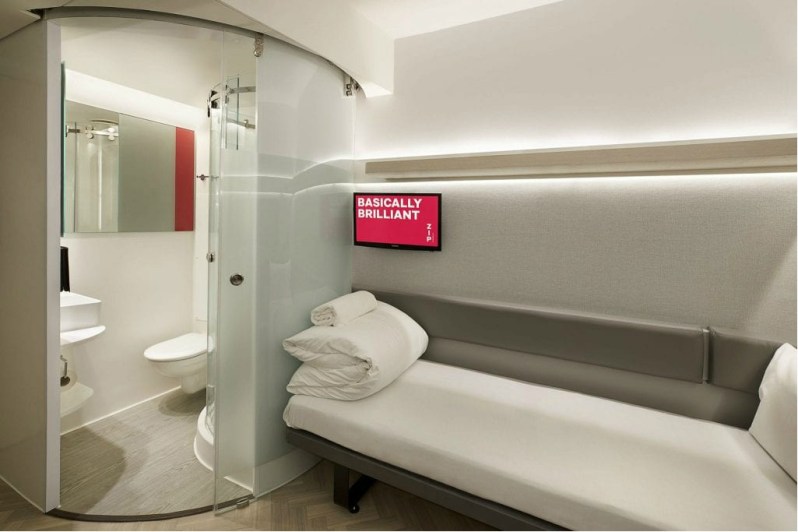
Capsule hotels are well-known to travelers in Asia. The concept was popularized in Japan, where overnight accommodations are often prohibitively expensive. ZIP Hotel by Premier Inn takes the capsule hotel model and peppers in a bit more space and a private bathroom to boot. At just over 90 square feet, the rooms are still compact, bordering on cramped, but well-equipped with a pod-like power shower, a flat-screen TV, free Wi-Fi, and universal power outlets. For travelers looking for nothing more than a clean place to lay their head, wash up, and charge their gadgets, it’s an ideal setup. The best part is that rooms cost just £19 (approximately USD $24) per night.
CitizenM
Worldwide
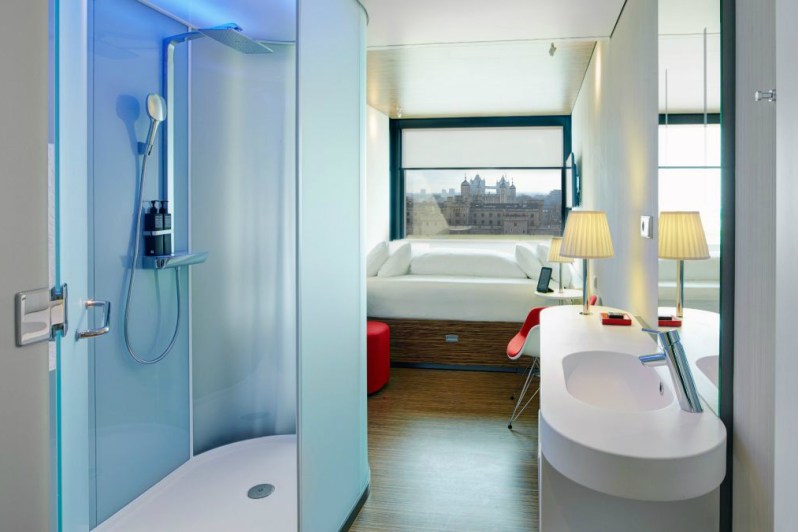
CitizenM might be the world’s most popular micro hotel brand. With their first Amsterdam location, the focus was on high-end design in a low-cost hotel. They nix things like a concierge, room service, ironing boards, and bellhops. Instead of a traditional reception desk, guests check themselves in and out at an automated kiosk. The sleek designer rooms are compact but with plenty of upscale amenities, including king beds, on-demand movies, bottled water, and fast, free Wi-Fi. They offer affordable nightly rates (think USD $127 per night in Boston and Seattle) in some of the world’s most famous cities, including London, New York City, Paris, and Copenhagen. What’s more: Every room is the same price.
Motto by Hilton
Worldwide
Hilton is well-known for its large, upscale hotels in cities around the world. But, their Motto by Hilton brand looks to be something altogether different. Guest room floor plans at Motto will average just 163 square feet. They’ll rely on space-saving techniques like wall beds, lofted beds, and Swiss-Army-knife-style furniture like beds that double as sectional sofas to ensure guests don’t feel cramped. Every room will focus on high-tech amenities like ultra-fast Wi-Fi and allowing guests complete control over the space – including lighting, climate control, and electric window shades – all through the Hilton Honors mobile app. The brand is scheduled to open its first location in London in 2020. Other big cities popular with travelers will follow, including Boston, D.C., Dublin, Lima, and San Diego.
If you’re after a slightly different “designer budget” experience, these luxury hostels offer all the swagger of an upscale hotel with the vibrant community vibe of a traditional hostel.
